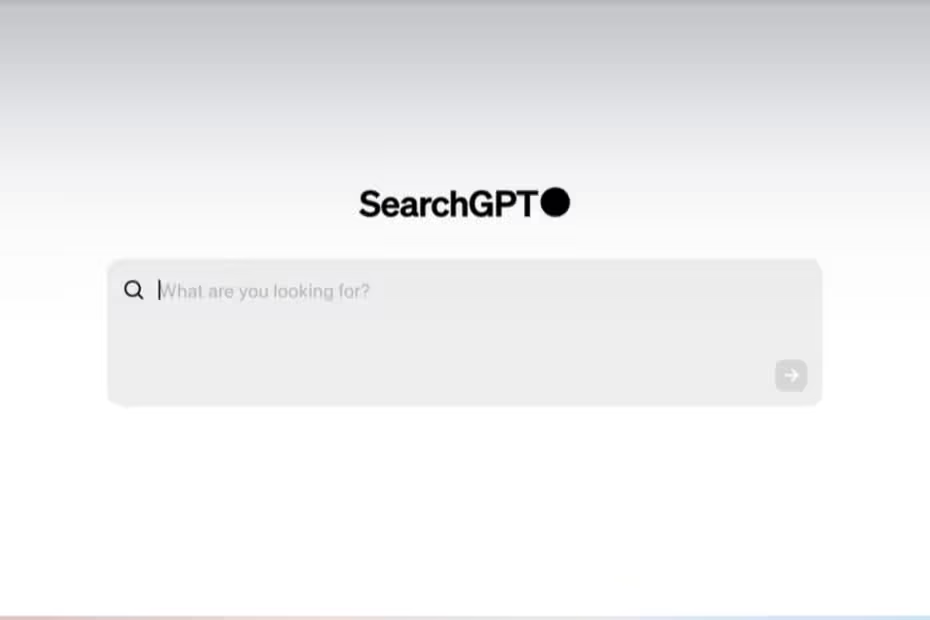OpenAI has unveiled its new search engine, SearchGPT, which uses AI to retrieve information from websites, databases, and recent news articles.
The San Francisco-based company aims to challenge Google’s dominance in the search market, potentially changing how users find information online.
SearchGPT greets users with the prompt, “What are you looking for?” Unlike traditional search engines, it doesn’t display a list of links. Instead, SearchGPT provides concise answers with up-to-date information, including links to relevant sources.
In a blog post, OpenAI showed an example of a user querying music festivals. SearchGPT responded with a list of upcoming events and links. Users can ask follow-up questions, and the search engine will understand the context to deliver relevant responses.
OpenAI’s CEO, Sam Altman, shared his positive experience on social media, saying he quickly adapted to this new search method. He noted that he prefers SearchGPT over traditional search engines.
Also Read: How ChatGPT Emergence Exposes Africa to Greater AI Risks
New Competition for Google
OpenAI collaborates with news organizations like The Wall Street Journal, The Associated Press, and Vox Media to manage content and attribute original sources. Publishers can opt out of using their content for training OpenAI’s models while still appearing in search results.
SearchGPT, currently a prototype powered by the latest GPT-4 models, is available to 10,000 test users. Interested users can join a waitlist to test this new tool.
OpenAI plans to integrate the new search engine’s capabilities directly into ChatGPT in the future, rather than keeping it separate.
The announcement of SearchGPT caused a 3 percent drop in Alphabet’s share prices. The debut highlights growing competition in AI-powered search, with Google and startups like Perplexity also in the race for supremacy. The effectiveness of SearchGPT is yet to be determined, but it has certainly shaken the search market.

